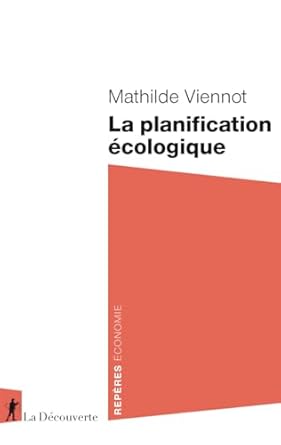The French planning of the Glorious Thirty, initiated by Jean Monnet, has given way to a new form of more global and sustainable planning: “ecological planning”, which focuses on the objectives to be achieved and the resources to be implemented in order to ensure energy, ecological, economic and social transitions, by 2030 and 2050. The author shows the diversity of devices to be mobilized, conventions, laws, decrees and standards to be defined in order to establish a “frugal, carbon-free, circular and sustainable economy”. The ecological, economic, and social issues are intertwined and most of the constraints – especially sectoral and territorial – often provoke contradictory reactions from the many social actors involved. This is why the author believes that the transition involves a “democratic renewal”, especially in France.
Mathilde Viennot compares the different modes of planning throughout history: Soviet-style authoritarian, French-style indicative, incentive-based in the context of the New Deal, etc. She analyzes the scope and especially the limits of the conventional parameters that underlie economic projections (discount rate, GDP, debt, etc.). She highlights the difficulty of arbitrating between market regulation and the regulation of production and consumption. She believes that ecological planning is based primarily on more sobriety in the ways of housing, moving, and feeding. She compares the different estimates of the necessary over-investments (in 360 and 416 billion euros per year in Europe by 2030) and analyzes the necessary financial arrangements, then deduces that the Union and the European States will have to be at the same time “treasurers, compensators, architects, co-investors, and collectors”.
The author demonstrates an exceptional sense of analysis and synthesis on one of the most complex and essential contemporary issues.
Mathilde Viennot (ENS, PhD in Economics from EHESS) is a member of France Stratégie.
Jean-Jacques Pluchart


